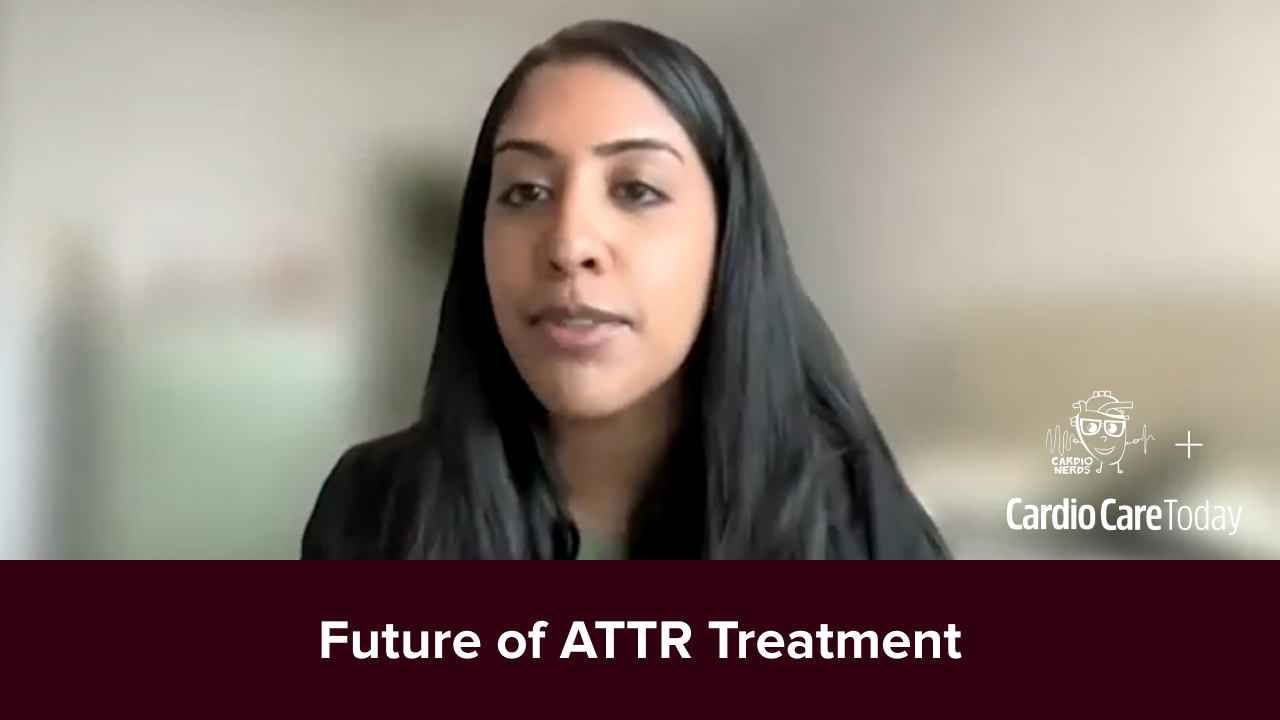
Higher Resting Heart Rate Tied to Dementia Risk in Older Adults
An elevated resting heart rate (RHR) is associated with incident dementia in older adults, according to a study published online Dec. 3 in Alzheimer’s & Dementia.
Yume Imahori, Ph.D., from the Karolinska Institutet in Stockholm, and colleagues investigated the relationship between RHR and cognitive decline among 2,147 older participants (60 years and older) who were free of dementia at baseline and regularly followed from 2001-2004 to 2013-2016.
“Higher RHR is associated with increased risk for dementia and faster cognitive decline independent of CVDs in a general population of elderly people,” the authors write. “Further research is needed to confirm our results and to explore the mechanisms at play in this association. Eventually, such evidence would lead to novel preventive strategies in the field of cognitive aging.”
Validating Assessment Models for Predicting Risk of Venous Thromboembolism
Identifying patients with higher risk of venous thromboembolism (VTE) is crucial to guide prophylaxis. As such, researchers sought to evaluate the validity of the Padua Prediction Score and the Caprini risk assessment model (RAM) for estimating the risk of VTE in inpatients with acute exacerbation of chronic obstructive pulmonary disease (AECOPD). According to lead author, Chen Zhou, PhD, and colleagues, the Caprini RAM demonstrated superior accuracy compared to the Padua RAM in identifying inpatients with AECOPD with higher risk of VTE.
Cost–Effectiveness of Rivaroxaban in Patients with Coronary or Peripheral Artery Disease
Researchers in the Netherlands aimed to illuminate the clinical and economic effects of treatment with rivaroxaban from a Dutch societal perspective after the COMPASS trial showed that patients with stable coronary artery disease (CAD) or peripheral artery disease (PAD) experienced significant benefits from treatment with rivaroxaban plus acetylsalicylic acid (ASA) compared to ASA alone.
Direct Oral Anticoagulants in Patients with Diabetes and Nonvalvular Atrial Fibrillation
Diabetes mellitus (DM) is a common comorbidity in patients with atrial fibrillation (AF) and is associated with an increased frequency of major adverse cardiac events (MACEs). Thus, researchers from the Affiliated Ninth Hospital of Suzhou University in Suzhou, China, conducted a meta-analysis to compare the efficacy and safety between direct oral anticoagulants (DOACs) and vitamin K antagonists (VKAs) for stroke prevention in real-world patients with nonvalvular atrial fibrillation (NVAF) and diabetes. Bo Cao, MD, and colleagues found that DOACs demonstrated superior efficacy and safety profiles compared to VKAs, and significantly reduced the risk of adverse events.







 © 2025 Mashup Media, LLC, a Formedics Property. All Rights Reserved.
© 2025 Mashup Media, LLC, a Formedics Property. All Rights Reserved.